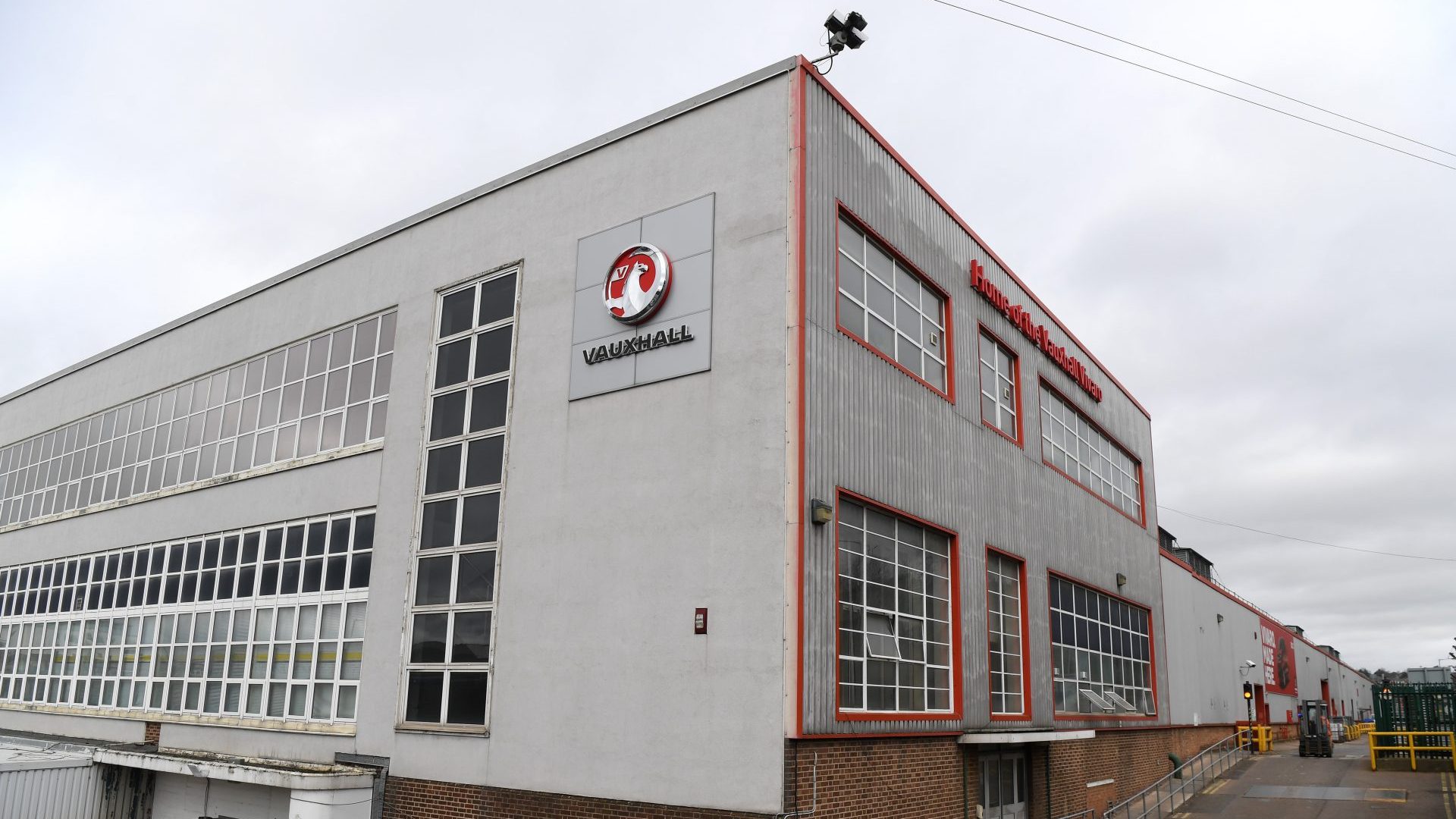The future of Vauxhall’s plant in Luton is in doubt as the company’s parent company considers its options in the wake of Brexit.
The plant, which employs 1,500 people, produces light commercial vehicles for the European market. But Brexit has created uncertainty about the plant’s future. With 70% of vans being exported into mainland Europe, tariffs risk its competitiveness.
Stellantis, the company’s Dutch-based parent company, has said that it is “working with the government to find a solution” to the issue, but it has not ruled out closing the plant.
The firm, which also owns Peugeot, Citroen and Fiat, has warned it could face tariffs of 10% on exports to the EU due to rules on where parts are sourced from.
Luton Vauxhall director Mark Noble said: “If 45% of the components of our vans are not from the EU, then you would incur a tariff.”
From next year, 45% of the value of an electric car should originate in the UK or EU to qualify for trade without tariffs. This will rise to 65% in 2027.
Mr Noble added: “If we have a 10% tariff that makes our vans more expensive going into Europe. If we are not cost competitive then we jeopardise our long term future.
“There are massive challenges, but I am confident we can overcome these challenges. To be sustainable in any industry you have to be cost competitive.”
The uncertainty about the plant’s future has caused concern in Luton, where the plant is a major employer. The local council has said that it is “committed to working with Stellantis to secure the long-term future of the plant”.
The plant has been in Luton since 1905, and it is one of the largest employers in the town. If it were to close, it would have a significant impact on the local economy.
The uncertainty about the plant’s future is a reminder of the challenges facing the automotive industry in the UK after Brexit. The industry is already facing pressure from rising costs and the shift to electric vehicles, and Brexit has added to the uncertainty.
A government spokesperson said: “The business and trade secretary [Kemi Badenoch] has raised concerns about the 2024 Rules of Origin changes for Electric Vehicles and their batteries with the EU and is determined to find a joint UK-EU solution that ensures the UK remains one of the best locations in the world for automotive manufacturing.”










